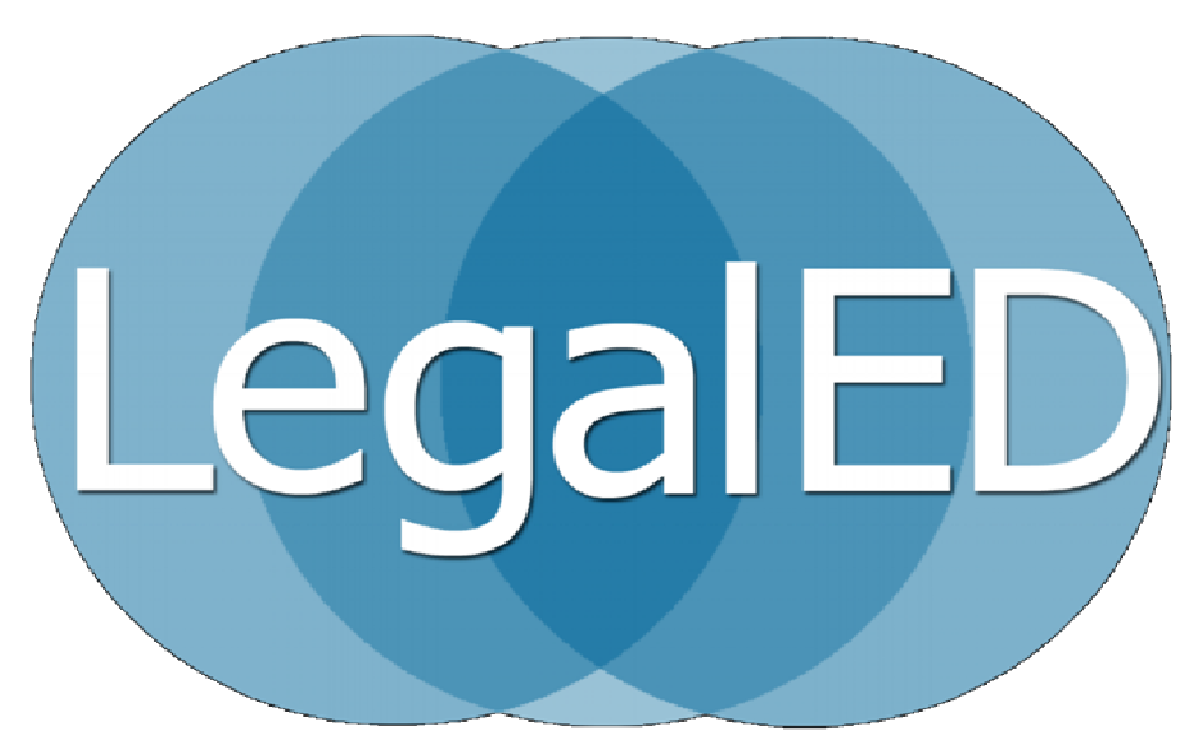Igniting Law Teaching Conference 2014
Applying Learning Theory to LegalED
Warren Binford, Willamette University College of Law: “How to Be the World’s Best Law Professor”
Warren Binford is an Associate Professor of Law and Director of the Clinical Law Program at Willamette University College of Law. She holds a B.A. (summa cum laude with distinction) and an Ed.M. from Boston University and a J.D. from Harvard Law School. She is a member of Phi Beta Kappa and was recently selected as a 2012-13 Fulbright Scholar to conduct research and teach in South Africa. Her primary research interests are children’s rights and legal education.
Talk Summary: Education research can be overwhelming. “How to Be the World’s Worst Law Professor” attempts to distill the results of over 700 scientific articles to identify and highlight a handful of learning techniques that have been proven repeatedly to improve learner outcomes. The results are surprising.
John P. Joergensen, Rutgers University School of Law (Newark): “Scaffolding”
Professor Joergensen the Associate Dean for Information Services at Rutgers School of Law – Newark where he teaches Advanced Legal Research He is best known for developing digital library collections, for which he received the 2007 Public Access to Government Information Award from the American Association of Law Libraries, and in 2011 was named to the Fastcase 50 as one of the country’s “most interesting and provocative leaders in the combined fields of law, scholarship and technology.”
Talk Summary: Good teachers are well organized, empathetic, and effective. They instinctively understand how to connect with students and stimulate learning. Whether they know it or not, they typically do this by effective scaffolding, and by engaging students within their Zone of Proximal Development. Understanding these two concepts and applying them consistently is an extremely useful tool in consistently good teaching. It makes great teachers consistently great, and provides a framework for the rest of us to understand exactly what we need to do to be better.
Jeffrey Ritter is currently developing and teaching new courses on the collisions and chasms between law and technology at Georgetown University Law Center and Johns Hopkins University Whiting School of Engineering. He will be a Lecturer at The University of Oxford in Fall, 2014, teaching a new graduate school course on “Building Information Governance”. He is globally recognized as a pioneer in shaping the legal rules for online commerce.
Talk Summary: This presentation will introduce how detailed, visual information maps can be created and used to teach and deliver substantive content to the students. Features of the maps will be shown, and the benefits to enabling the students to learn more, retain more, and be more effective as legal professionals will be explored.
At Catholic University, Leah Wortham coordinated clinical programs, directed the externship program, co-edited the first externship text, taught Professional Responsibility and Criminal Law, was an Associate Dean, and chaired an eight-year effort for a new building. She directs an American Law certificate program and LLM that CUA offers in cooperation with Jagiellonian University in Kraków, Poland. Since 1996 she has worked in 27 countries on legal ethics, legal profession reform, clinical education, and legal education reform.
Talk Summary: We want graduates walking across the stage with the motivation to and confidence they can forge a life they will find effectual, consistent with their individual compasses, and contributing to something that matters. Self-determination theory’s wisdom on human basic needs for autonomy, mastery, relatedness, and purpose and intrinsic motivation’s importance in engaged learning for complex and creative tasks offer templates to envision law school class pictures full of these “whole” graduates.
Paul Callister – The Metacognitive Imperative: Beyond Research Training – callisterp@umkc.edu: Paul Callister is Library Director & Professor of Law at the University of Missouri-Kansas City School of Law, where he teaches various courses in advanced legal research and cyberlaw. Prior to UMKC, Callister was an Assistant Professor of Library Administration at the University of Illinois at Urbana-Champaign. He received his BA from Brigham Young University, his JD from Cornell, and his MS (Library & Information Science) from the University of Illinois at Urbana-Champaign.
Talk Summary: This talk will elaborate the definition of metacognition and its relationship to other important pedagogical concepts and practical research problems.

